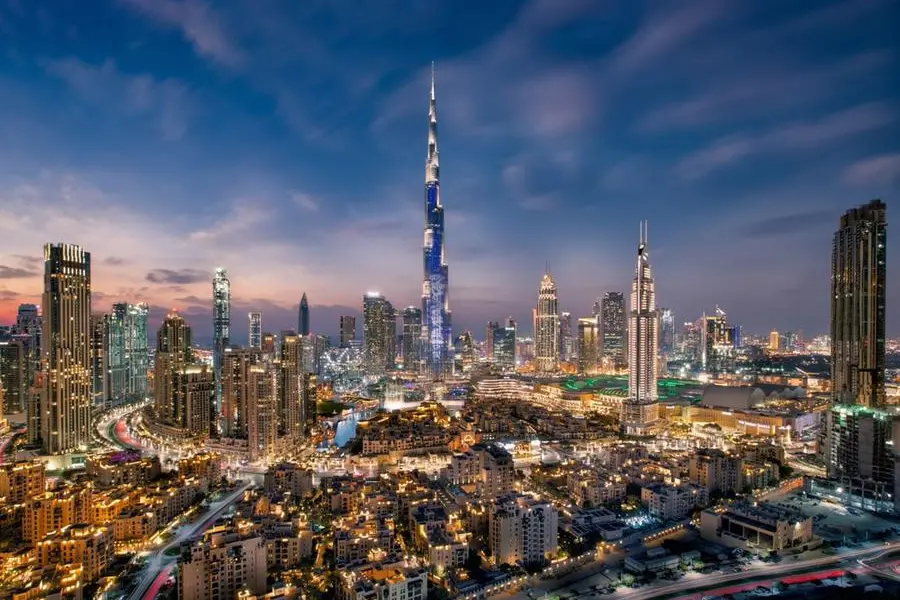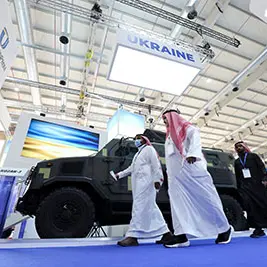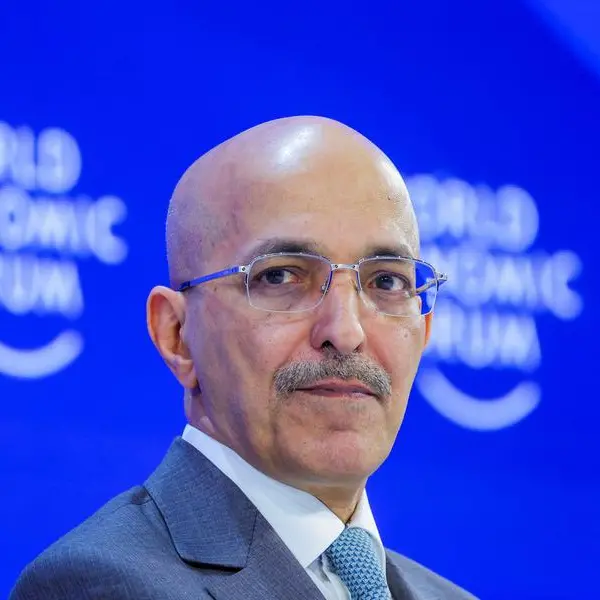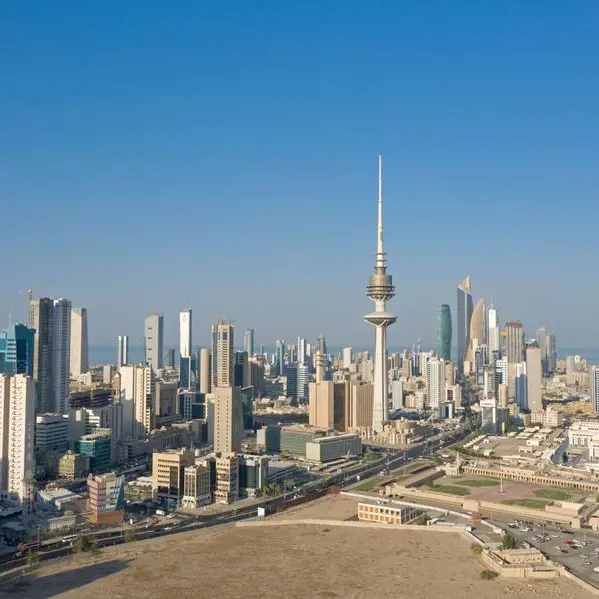PHOTO
Non oil business activity in the UAE improved at the weakest pace in almost three years in July, as competitive conditions, rising price pressures and capacity overloads weighed on performance, a survey showed on Monday.
The seasonally adjusted S&P Global UAE Purchasing Managers' Index dropped to 53.7 in July from 54.6 in June, its lowest since September 2021.
The index was also below its long-run average of 54.4, but remained well above the 50.0 neutral threshold.
"The drop in the UAE PMI is a further signal that non-oil sector growth is on a downwards trend in 2024. Not only is the index at its lowest for almost three years, posting 53.7 in July, but it has also lost momentum in four out of the last five months and fell below its long-run trend level (54.4)," David Owen, senior economist at S&P Global Market Intelligence, said.
Demand conditions remained favourable in July, with sales rising sharply, though to the least extent since April. Exports rose at the second strongest pace for nine months. However, high competition meant that some firms saw a drop in new order volumes.
The survey data pointed to another steep increase in business costs in July, with the rate of input price inflation--material prices, wages and overhead costs--rising at the fastest in two years.
Job creation also softened to a six-month low in July.
Looking ahead non-oil companies' optimism that economic conditions will continue over the next 12 months slipped to the weakest since January.
Dubai PMI
The Dubai PMI dropped to its lowest level in two-and-a-half years in July to 52.9, down from 54.3 in June.
Output growth eased slightly to its lowest since September 2021, leading to a scaling back of job creation.
(Writing by Brinda Darasha; editing by Seban Scaria)





















